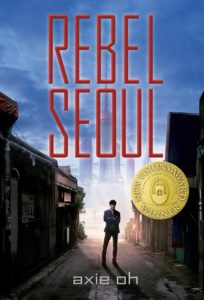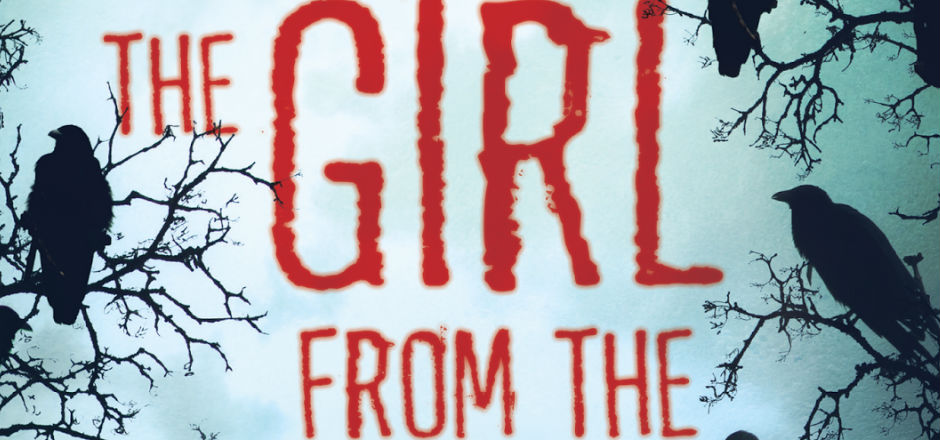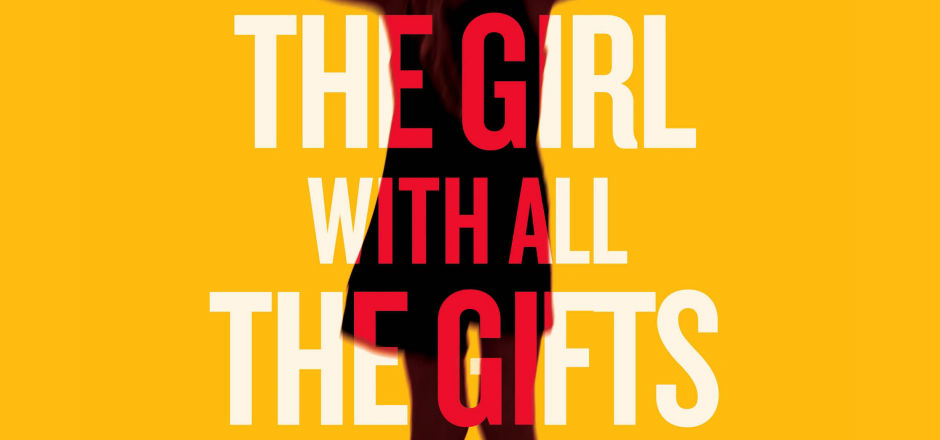Lee Jaewon managed to escape his delinquent past in Old Seoul, but not without some scars to take with him to Neo Seoul. As a talented pilot in the military academy with hopes of becoming a worthy soldier of the Neo State, Jaewon succeeds in landing a pivotal role for the government’s secret supersoldier project. He meets his partner, Tera, who is a soldier and test subject specially trained to pilot God Machines (GMs) — massive and deadly robots built for endless warfare. As Jaewon learns more about Tera and the rebellion that disrupts the Neo State regime, he questions where his loyalties lie.

When I heard the pitch for Rebel Seoul as “Pacific Rim meets Korean action dramas,” I could already visualize the story in my head before reading it. As a fan of both, I was confident in familiarizing myself with the story’s nuances.
Axie Oh seemed to give preference to action rather than scenery, and with war running rampant and rebels hoping to change the system, it’d make sense that the world Oh created isn’t as vibrant and charming as a futuristic East Asia might be. While I’m a sucker for scenic imagery, I wasn’t bothered by the events that continuously urged the story to jump forward. It felt like I was watching an anime and a K-drama at the same time, as weird as that may sound.
[blocktext align=”center”]GMs, in general, are fun to pilot. They’re just purposed to kill people, which makes them terrible toys.[/blocktext]
I was actually surprised by the amount of adult drama even though I read from Jaewon’s perspective. Rather than focusing on the adults, however, it’s the adults’ decisions that have impacted or traumatized the younger generation, especially Jaewon. He deals with a lot of internal struggles involving his dead father and absentee mother, as well as his closest friend who’s like a brother to him, Young. What I loved about this aspect of the story was Jaewon’s perception of family — familial love doesn’t always come from blood.
The other characters weren’t as fleshed out as I’d have hoped, but their interactions and significance with each other moved me deeply and reminded me of K-dramas’ tendency to focus on relationships, family or not. Jaewon eventually learns to forgive instead of hanging onto revenge or pride, which made his POV and character development that much more compelling to read.
Romance was, thankfully, not a major plot point as with most YA novels. I did, however, find the relationship between Alex Kim, the popular and rich son of the Director, and the other test subject who grew up with Tera, Ama, very cute despite the cliché. The K-pop idol, Sela, seemed useless for most of the story but by the end she proved me wrong: Oh built Sela up as a potential love interest for Jaewon, who obviously doesn’t return her feelings, but then destroyed that trope. Jaewon’s friends, Bora and Minwoo, act as comedic relief, although to be frank, their presence didn’t have much impact on me or the story.
It’s a major step forward when there’s a novel that takes place in another country with an entirely diverse cast. While most of the characters are Korean, some are Chinese and Japanese and I found it refreshing to see different nationalities working together. I appreciated the consistency of the way names are brought up — last name and then first, as well as adding honorifics such as “-ssi” or “-ah.” Oh is Korean-American, so to see Korean culture and mannerisms genuinely portrayed really cements the story.
My only concern was how fast-paced the ending felt. I wonder if there will be a sequel because I feel that there is a definite need for one. I also didn’t feel like I spent a lot of time in the GMs — it seemed like I was watching the fighting happen as an outsider. Because I was only reading from Jaewon’s perspective and Tera pilots the GMs, I couldn’t see much of the fighting from within. I did enjoy the characterizations of the GMs, though.
[blocktext align=”center”]It’s finished now. Its hands are six-fingered claws, each draw a thin, straight knife. Long, distended legs culminate in large, pointed blades. Its four metal wings double as shields; its horned head has slanted slits for eyes.[/blocktext]
Overall, I really enjoyed Rebel Seoul and I’m happy to know that I can relate to Oh as someone who also loves anime and K-pop — I could definitely see how her interests inspired the setting, events, and characters. The story gripped me with its action and drama and eased the tension with a tinge of romance. There were also many quotes that left an impression on me — most coming from Jaewon. Oh’s debut as a diverse writer with a novel set in a diverse world left me hoping for more.
4.5 out of 5 stars






